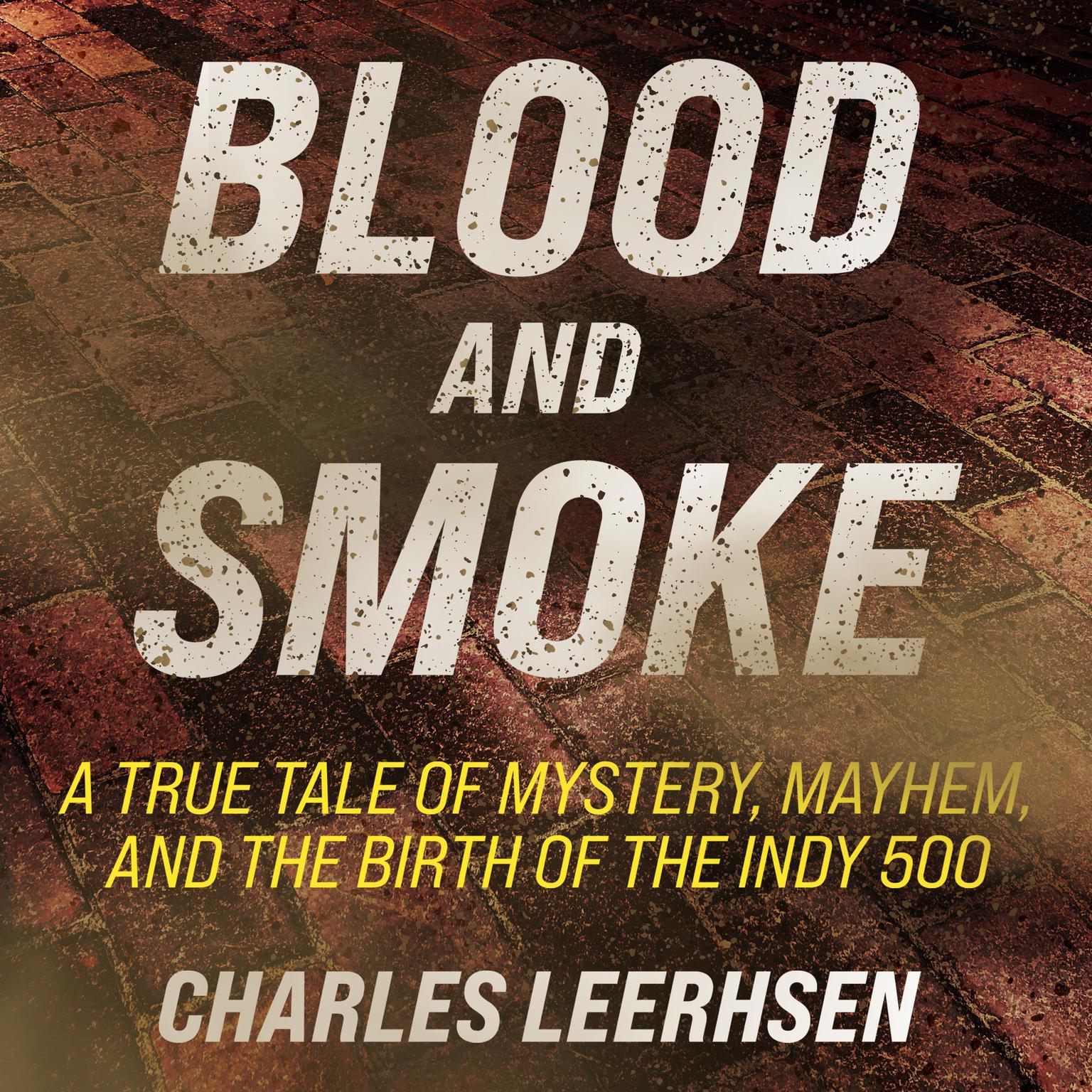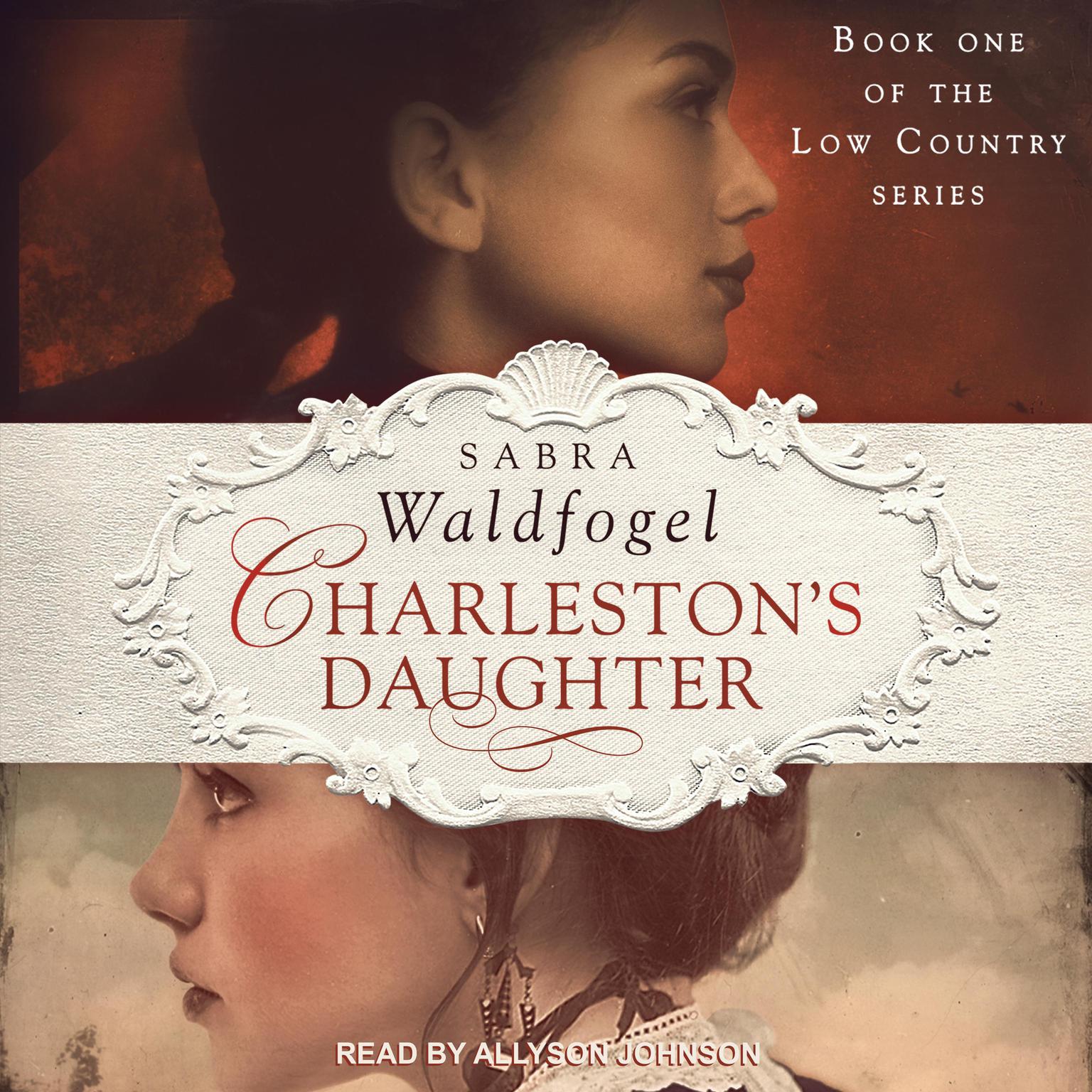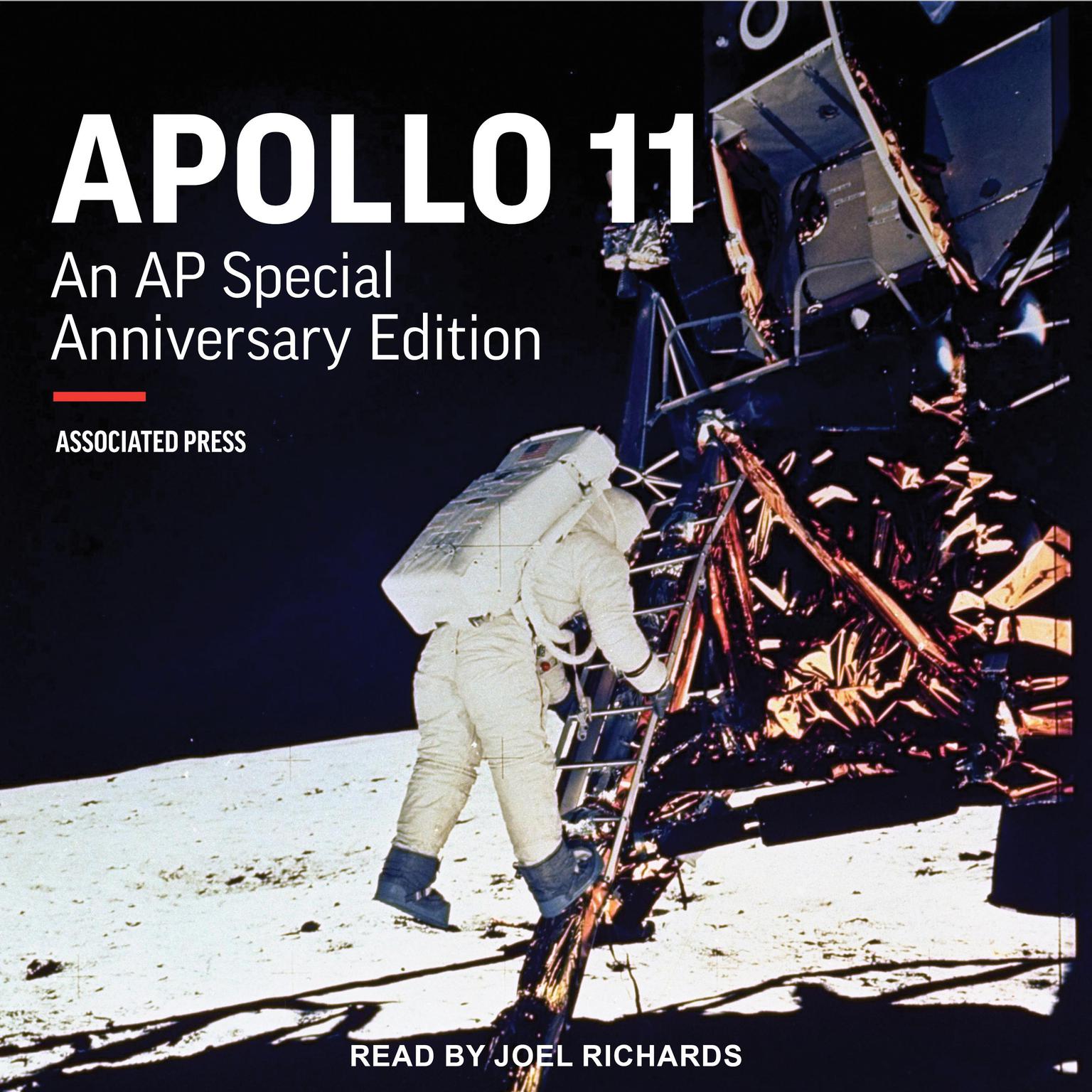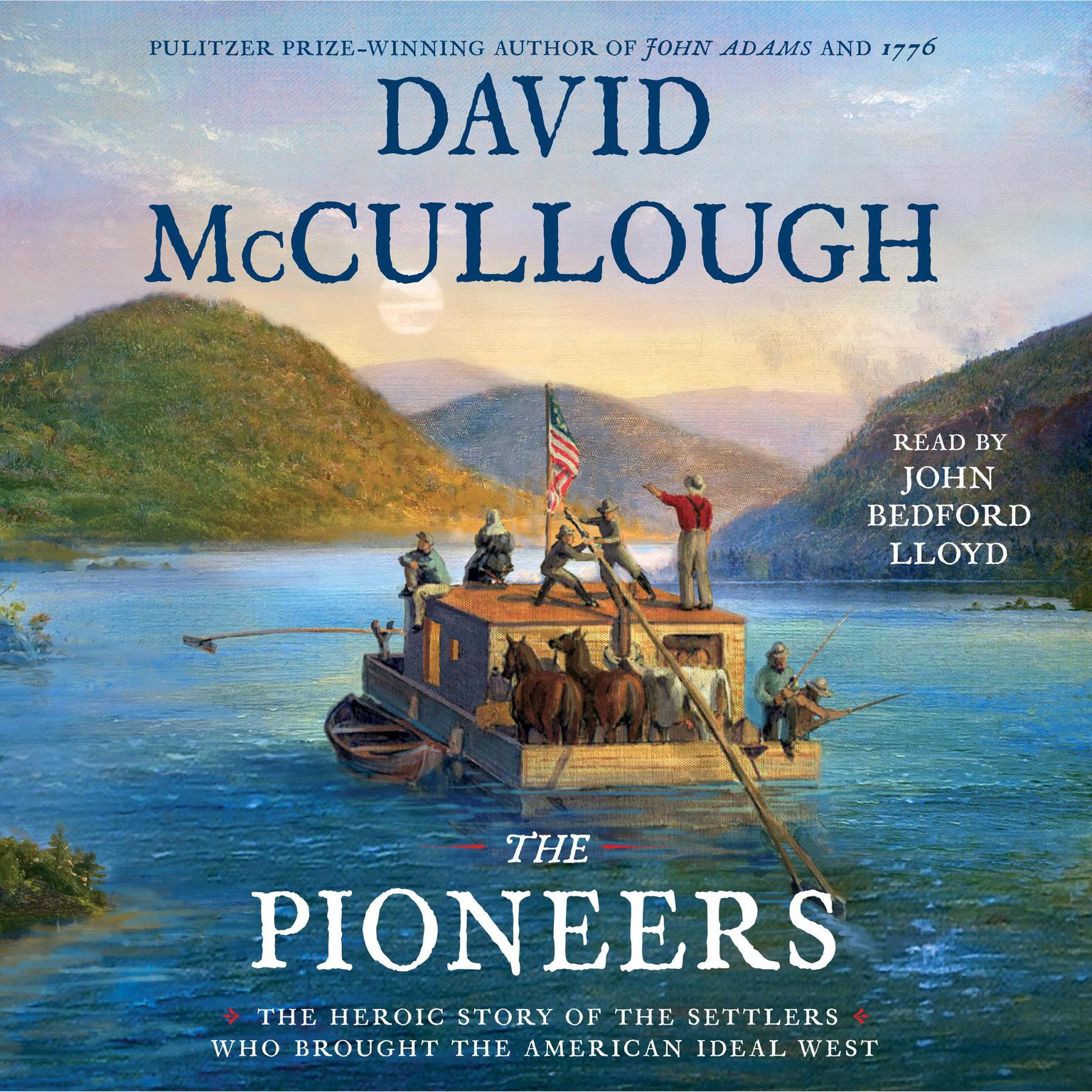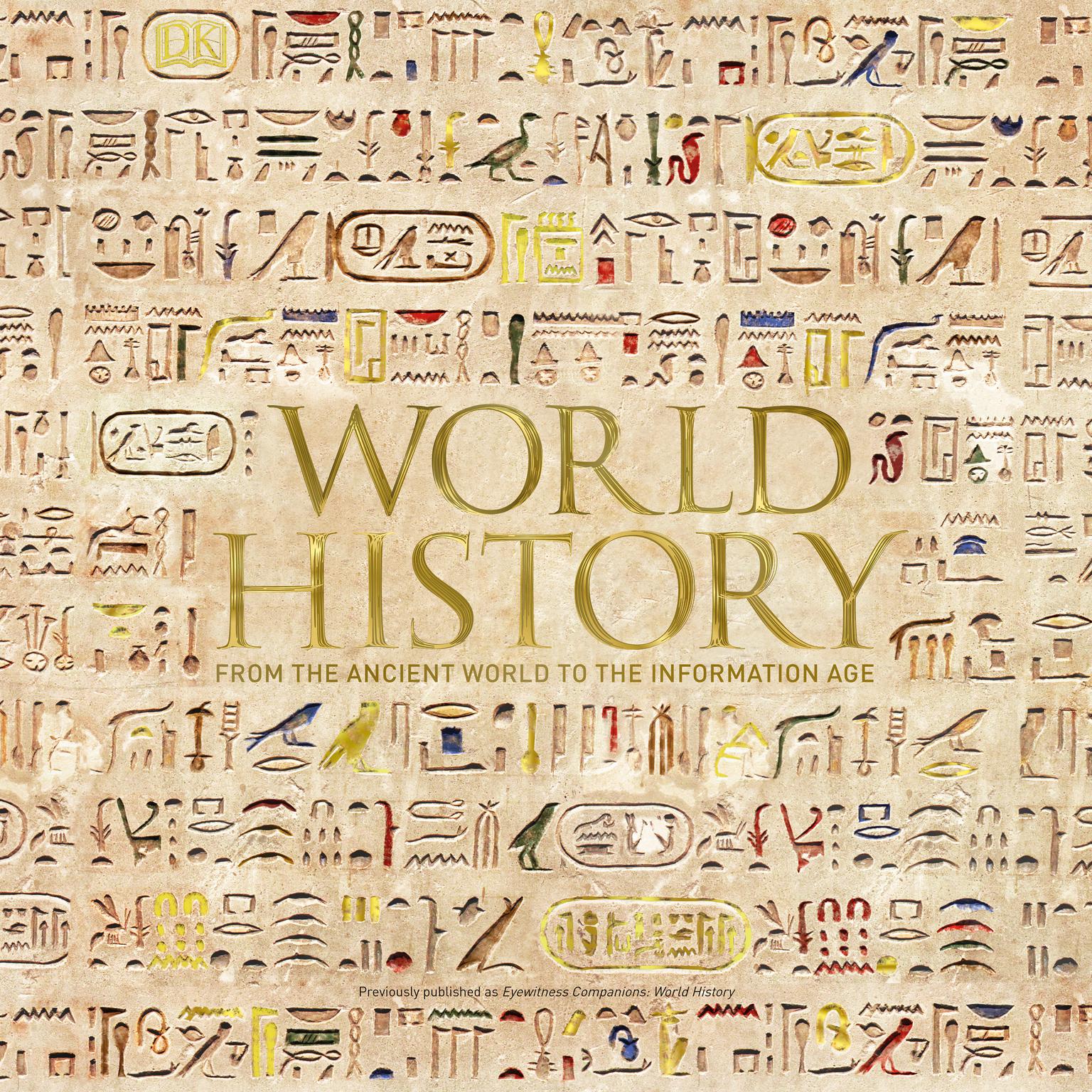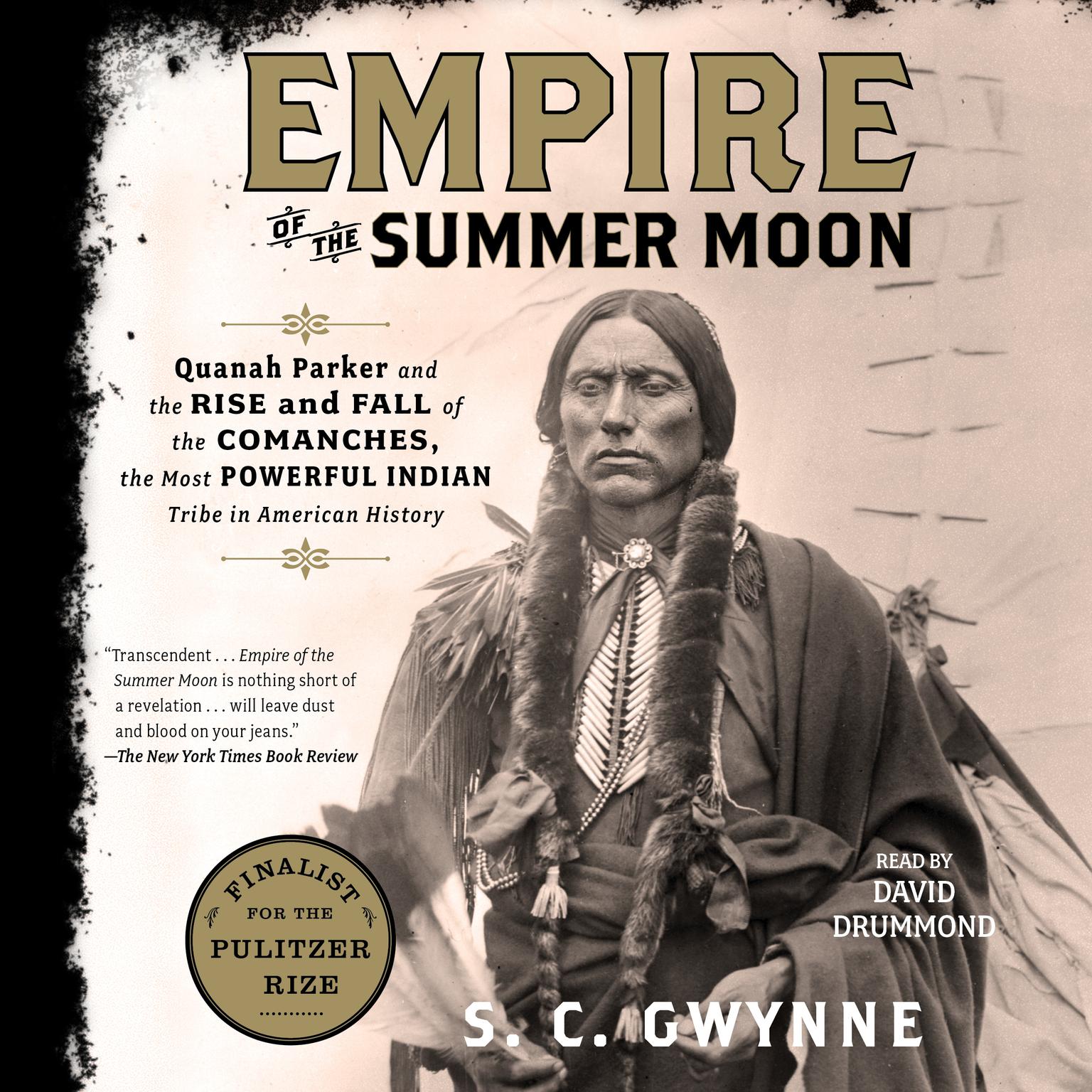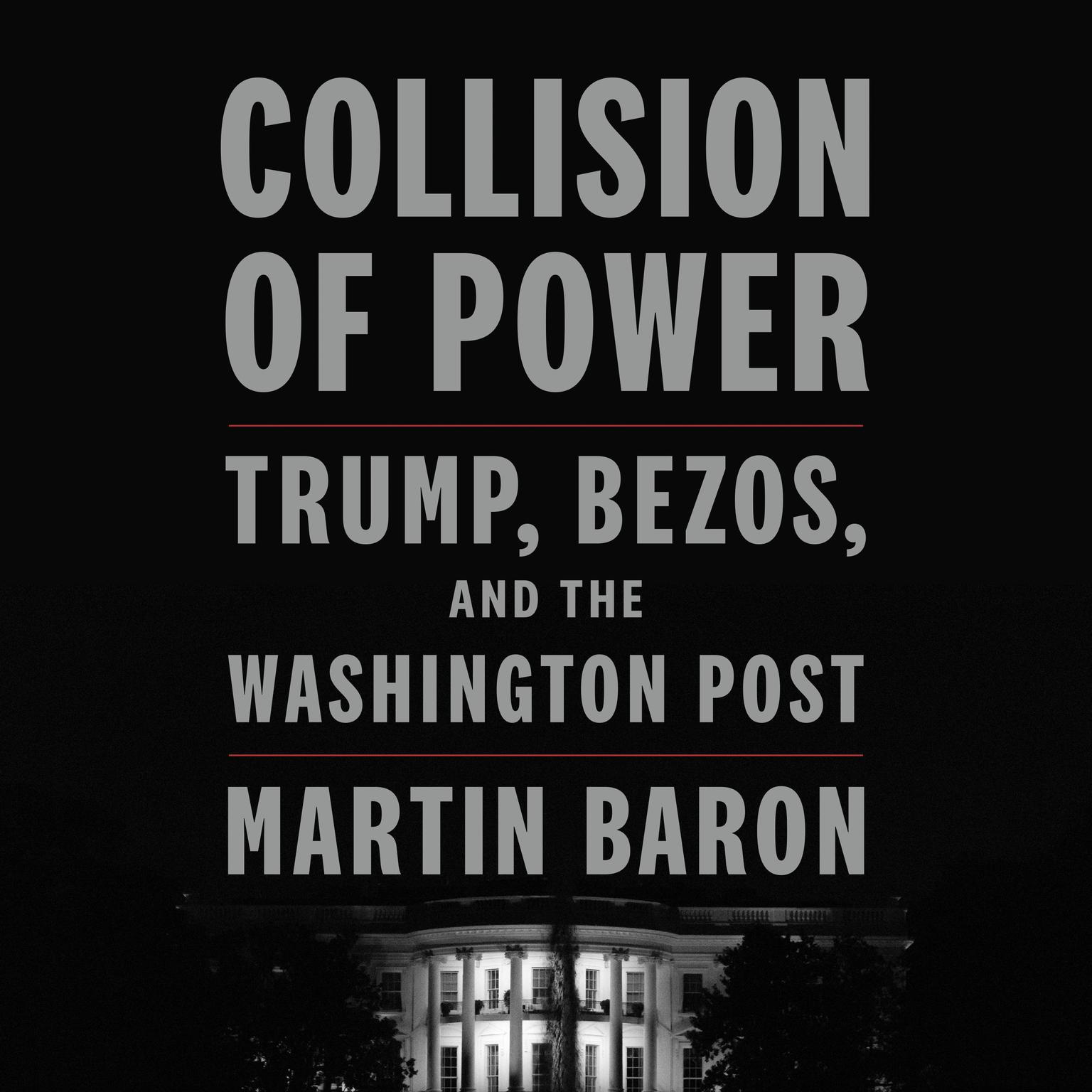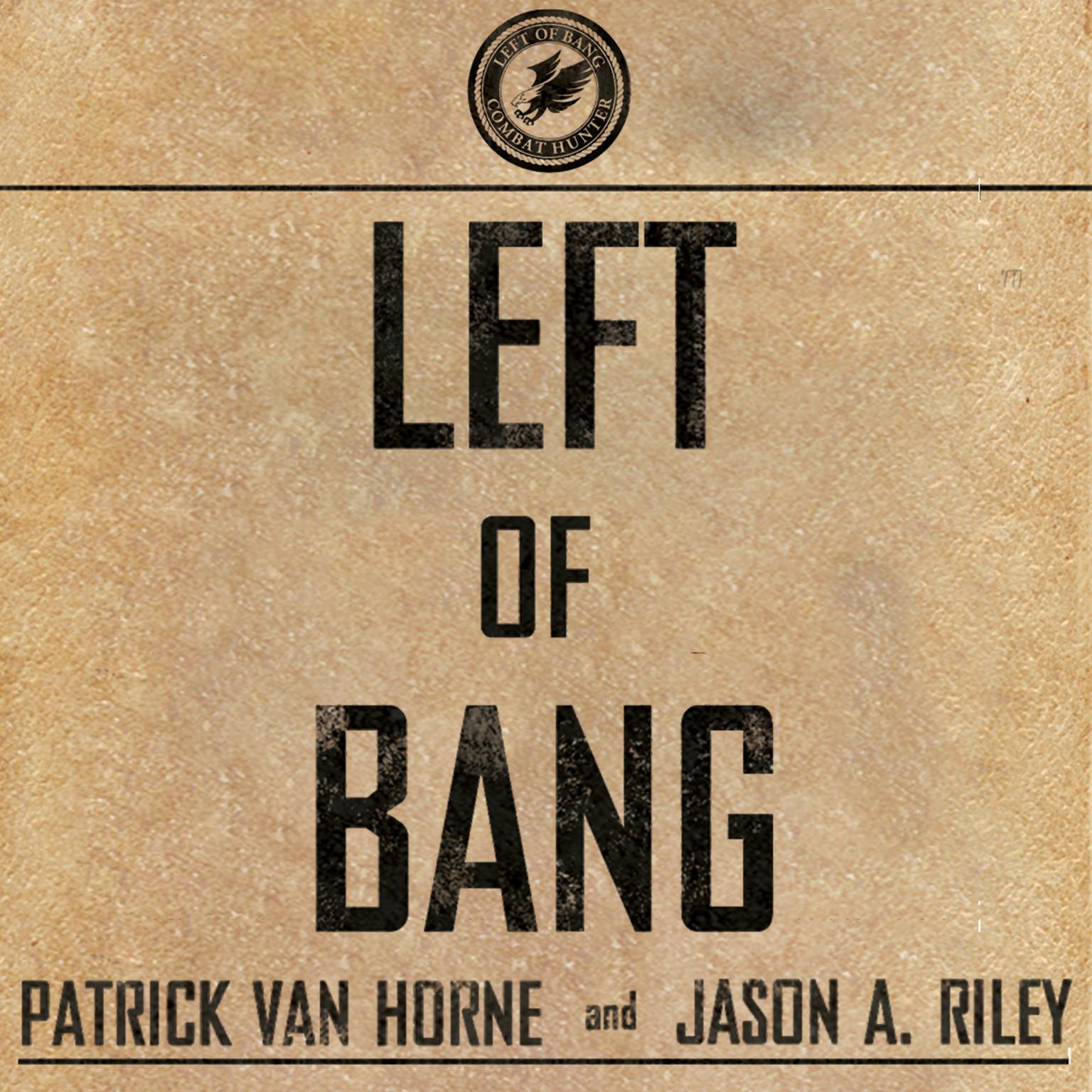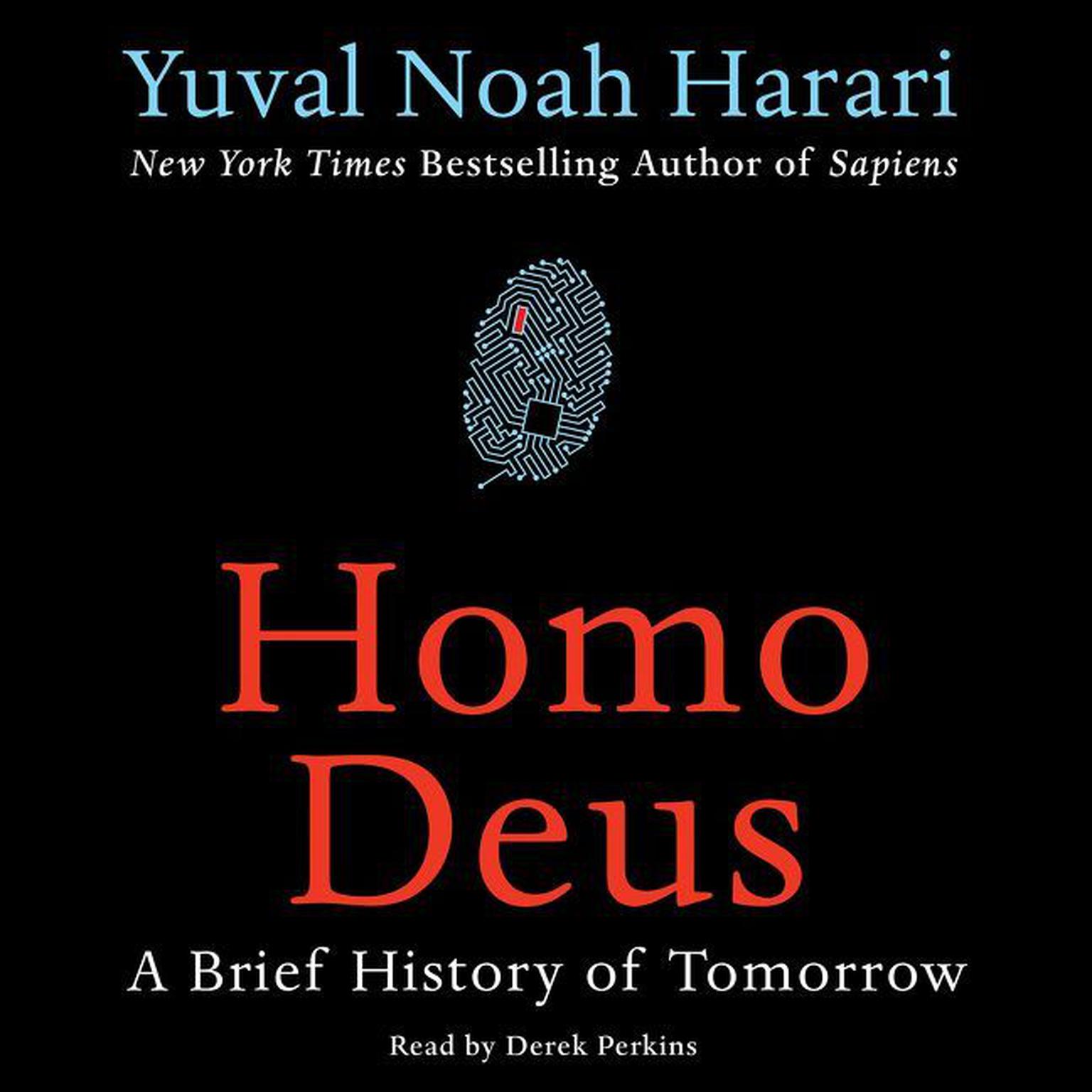Publisher Description
Hear the heart-pounding, engine-revving true story of the first Indy 500—America’s most celebrated automobile race.
In 1911, thousands of spectators gathered at the Indianapolis Motor Speedway to watch 40 cars compete in the first annual Indianapolis 500-Mile Race. Better known as the Indy 500, the event was a celebration of the controversial new sport of automobile racing.
Dangerous and deadly, auto racing was drawing attention from across the country with its thrilling premise: No windshields, no helmets, no seatbelts–just speed. Fans would flock to race tracks to watch gutsy young men go up to 75 miles per hour in open cockpits.
But with fame came complications. Seven people were killed when the Indianapolis Motor Speedway first opened. Racers’ wives became widows in the blink of an eye. Drivers encountered exploding tires, bursts of smoke, oily surfaces and pieces of asphalt flying at their faces—not to mention the wrenches and bolts thrown by unruly opponents gunning for the lead. And, while Marmon Wasp driver Ray Harroun was officially declared the winner of the first Indy 500, the decision is disputed to this day by fans and officials of the sport.
Listen to Blood and Smoke and go back to when America was first falling in love with automobile racing. Take the driver’s seat on this audio-venture and experience the early days of the Indy 500, the controversies that shaped this iconic race, and the young drivers who risked everything for fame, fortune, and first place.
Download and start listening now!
With alternating tales of horrifying crashes and the schemes of Carl Fisher, who promoted the Indianapolis Speedway as a venue for airplane races, this is a ripping good yarn of America in the early 20th century. Leerhsen, a witty storyteller, draws from contemporary articles, histories, and interviews to pull readers into a behind-the-scenes glimpse of the building of the Speedway and the first race…. this book has broad appeal, with laugh-out-loud stories and characters who would be unbelievable if they turned up in fiction. Highly recommended.
—
Library Journal, starred review
